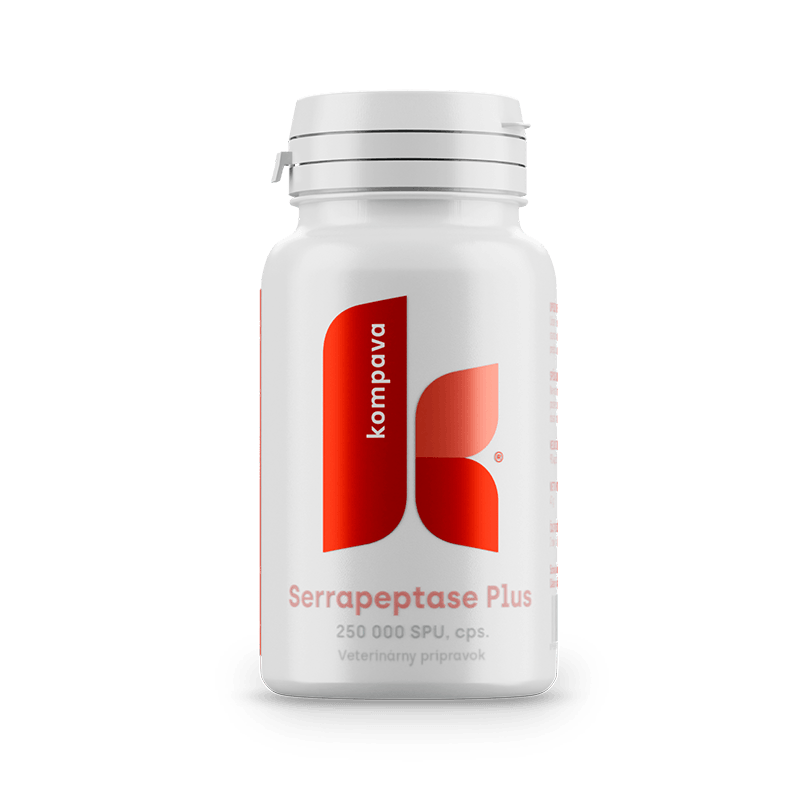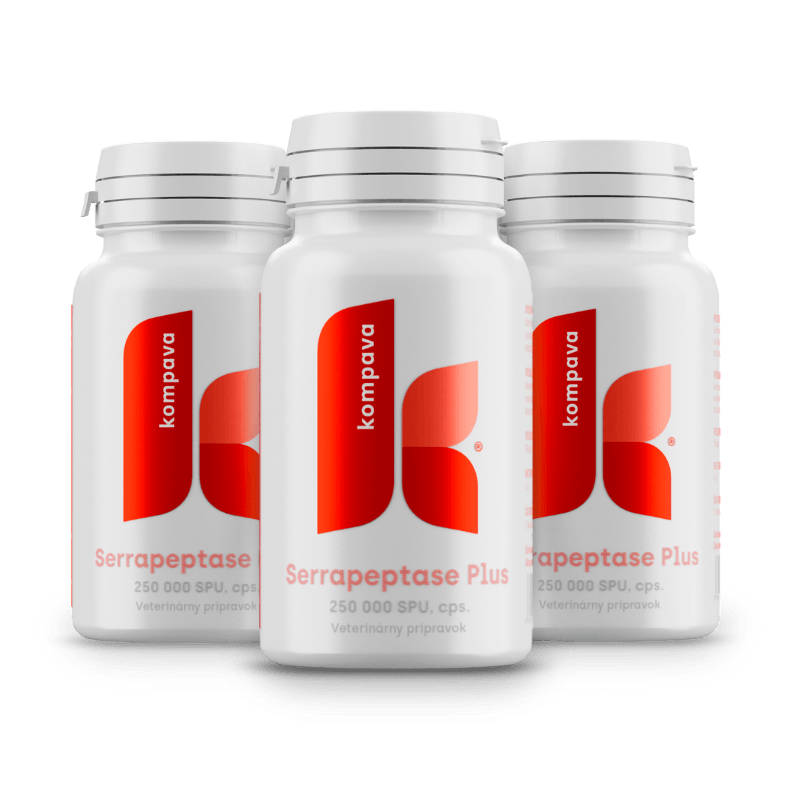Serrapeptase (serrapeptidase) is a natural protein-splitting (proteolytic) enzyme produced by a friendly bacterium of the genus Serratia that lives in the guts of the silkworm (Bombyx mori). The enzyme is obtained from enterobacteria Serratia sp. E-15 in the process of controlled fermentation. The enzyme contributes to the decomposition and removal of damaged cells from the body.
We classify Serrapeptase among the so-called protease, because its job is to break down unwanted protein-based substances in the body - dead tissue, blood clots, cysts, arterial plaque and inflammation in all its forms. Regardless of the cause or location of the problem in the body, Serrapeptase starts working at the affected site and stops the inflammatory reaction. Surprisingly, unlike other biological enzymes, serrapeptase acts only on dead tissue. This is why silk is not broken down by its own enzyme. Serrapeptase only dissolves dead tissue, such as dead layers clogging the lining of blood vessels. These dangerously limit the flow of blood and oxygen to the brain. Because of this, Serrapeptase is extremely useful in preventing the re-buildup of arterial deposits. In addition, it has the ability to dissolve mucus and inflammation associated with pain. Therefore, its use is also recommended during respiratory infections.
However, preparations containing serrapeptase can differ in their effectiveness, which is measured by the strength of the enzyme expressed in SPU units (serratiopeptidase units). The higher the number, the higher the strength of the enzyme and the stronger the effect. According to studies, serrapeptase is a substance unstable in an acidic environment and in the presence of acid it breaks down very quickly and loses its effectiveness. This can be a problem, as the stomach produces strong hydrochloric acid that destroys serrapeptase before it reaches the small intestine and bloodstream. Therefore, serrapeptase must be specially applied in an acid-resistant capsule so that it passes intact into the small intestine, is absorbed through the intestinal villi into the blood, and can thus act on the affected area.
There is only one type of serrapeptase in the world that is equally effective for humans and animals. Due to the ever-increasing need to care for pets, which are often considered family members, serrapeptase has also been approved as a veterinary preparation to help with various animal diseases. If we compare it with serrapeptase intended for humans, it is exactly the same substance with an adjusted dosage depending on the size (weight) of the organism.
Composition of SERRAPEPTASE PLUS 250,000 SPU:
- enzymatic activity of 250,000 SPU, while containing 110 mg of active substance in 1 acid-resistant capsule,
- Inulin 241 mg,
- magnesium stearate 5 mg,
- acid-resistant capsule (hypromellose, gellan gum)







